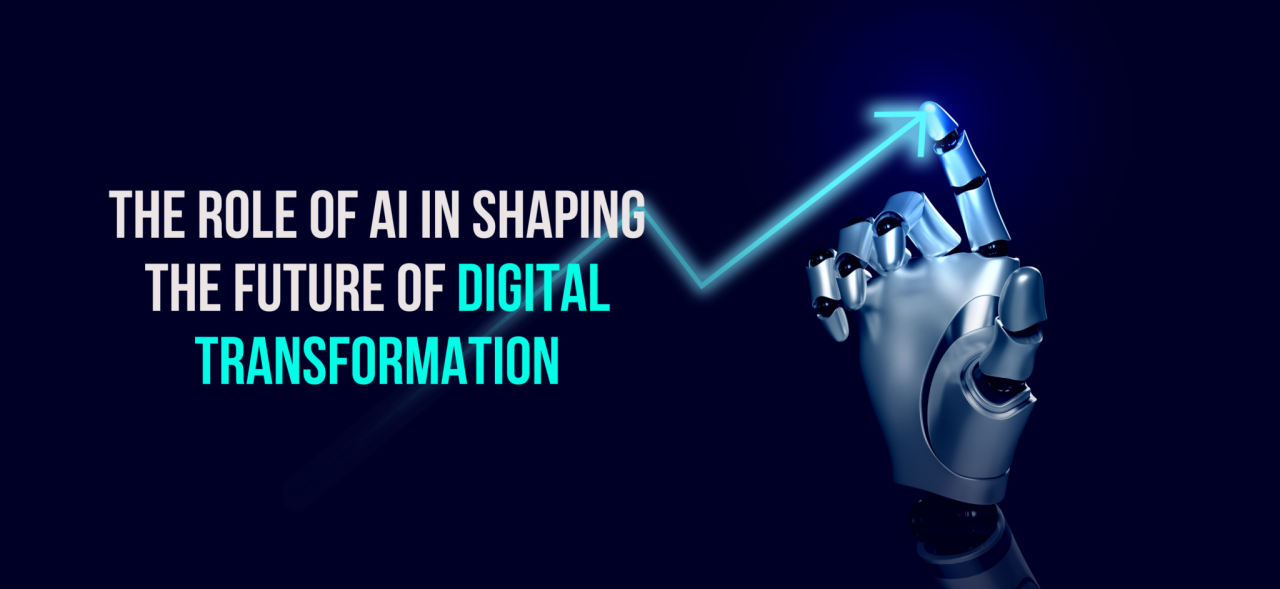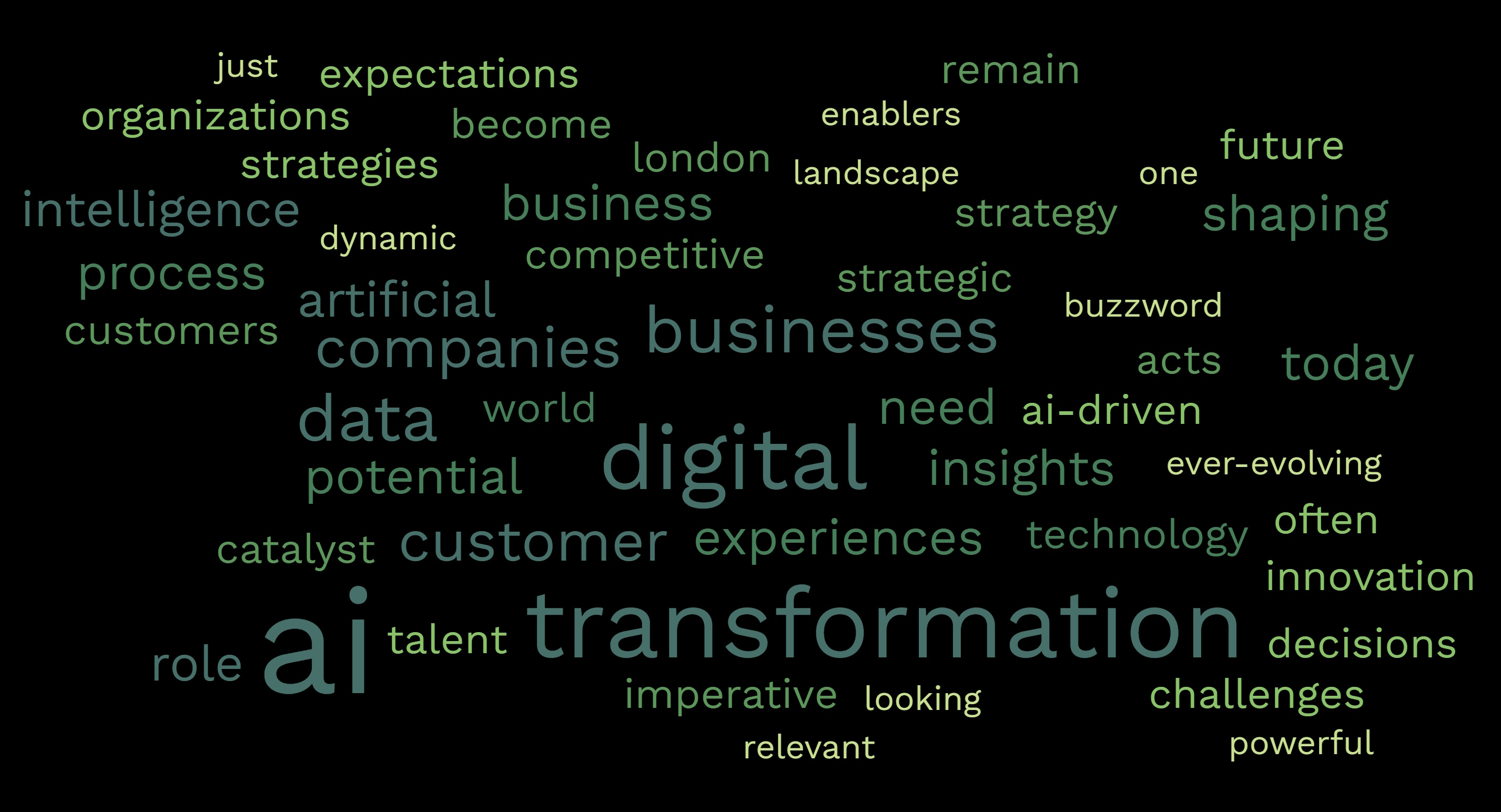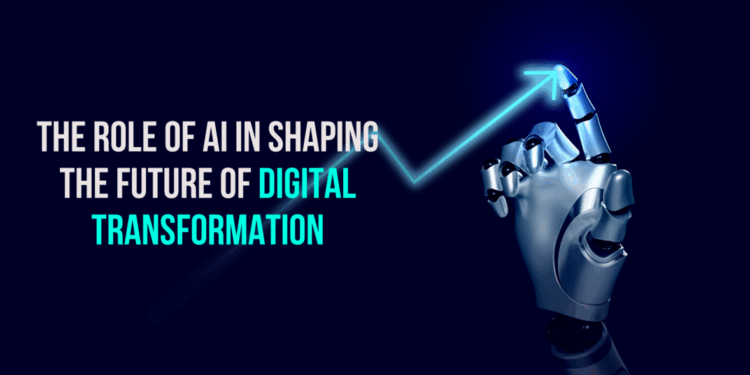Exploring the impact of AI on our digital lives, this article delves into the various ways artificial intelligence shapes our online experiences. From personalization to automation, AI plays a crucial role in enhancing efficiency and security in the digital landscape.
Overview of AI in Digital Life
Artificial Intelligence (AI) plays a crucial role in shaping our digital experiences today. It refers to the simulation of human intelligence processes by machines, enabling them to learn, reason, and make decisions. AI technologies have a significant impact on various aspects of daily life, from personalized recommendations to autonomous vehicles.
AI Applications in Digital Life
- Virtual Assistants: AI-powered virtual assistants like Siri, Alexa, and Google Assistant help users with tasks such as setting reminders, answering questions, and playing music.
- Recommendation Systems: Platforms like Netflix and Amazon use AI algorithms to analyze user preferences and provide personalized recommendations for movies, TV shows, and products.
- Natural Language Processing: AI enables machines to understand and generate human language, leading to advancements in chatbots, language translation, and sentiment analysis.
- Autonomous Vehicles: AI technologies are driving the development of self-driving cars, which have the potential to revolutionize transportation and improve road safety.
Personalization in Digital Services
Personalization in digital services plays a crucial role in enhancing user experience by tailoring content and recommendations based on individual preferences. Artificial Intelligence (AI) is at the forefront of enabling this level of customization in various online platforms.
AI-Driven Recommendations
AI algorithms analyze user behavior, preferences, and interactions to provide personalized recommendations. By tracking user data such as past purchases, browsing history, and demographic information, AI can suggest relevant products, services, or content that align with the user's interests.
- AI-powered recommendation engines on streaming platforms like Netflix or Spotify suggest movies, TV shows, or songs based on a user's viewing or listening history.
- E-commerce websites like Amazon use AI to recommend products similar to ones previously purchased or viewed, creating a personalized shopping experience.
Tailoring Content and Services
AI enables digital platforms to tailor content and services to meet the specific needs and preferences of users. By analyzing user data in real-time, AI can dynamically adjust the presentation of information to enhance user engagement.
- Personalized news feeds on social media platforms like Facebook or Twitter showcase content based on the user's interactions, likes, and shares.
- Email marketing campaigns utilize AI to personalize promotional messages by recommending products or services based on the recipient's browsing history or past purchases.
Enhancing Digital Interactions
AI-driven personalization enhances digital interactions by creating a more engaging and relevant experience for users. By understanding user preferences and behavior, AI can anticipate needs and deliver tailored content in real-time.
- Personalized chatbots on websites provide customized recommendations or assistance based on user queries and previous interactions, improving customer service.
- Music streaming services like Pandora use AI to create personalized playlists based on a user's music taste, enhancing the listening experience.
Automation and Efficiency
AI plays a crucial role in streamlining tasks and processes within digital environments. By leveraging machine learning algorithms and data analysis, AI can automate repetitive tasks, reducing the need for manual intervention and saving time and resources.
Improved Daily Activities
AI-powered automation enhances efficiency in daily activities by handling routine tasks such as scheduling appointments, managing emails, and organizing data. This allows individuals to focus on more strategic and creative aspects of their work, leading to increased productivity and effectiveness.
- Automated Data Entry: AI can extract and input data from various sources, eliminating errors and speeding up the process of data entry.
- Smart Scheduling: AI algorithms can analyze calendars, preferences, and patterns to schedule meetings and appointments efficiently.
- Personalized Recommendations: AI-driven automation can provide personalized recommendations based on user behavior and preferences, enhancing the overall user experience.
Optimizing Digital Workflows
The benefits of AI-driven automation in optimizing digital workflows are manifold. By automating repetitive tasks, AI can accelerate processes, reduce operational costs, and minimize human errors. This leads to improved accuracy, consistency, and speed in executing various tasks within digital environments.
AI-driven automation not only saves time and resources but also enhances the overall quality and reliability of digital services
.
Data Security and Privacy

Data security and privacy are crucial aspects in the digital landscape, especially with the increasing amount of data being generated and shared online. Artificial Intelligence (AI) plays a significant role in safeguarding data and enhancing cybersecurity measures to protect sensitive information from unauthorized access or breaches.
AI in Safeguarding Data
AI technologies such as machine learning algorithms and predictive analytics are utilized to detect and prevent potential security threats in real-time. By analyzing patterns and anomalies in data traffic, AI can identify suspicious activities and take proactive measures to mitigate risks.
Furthermore, AI-powered security systems can adapt and learn from new threats, making them more effective in protecting data from evolving cyber threats.
AI in Enhancing Data Privacy
AI also contributes to enhancing data privacy by implementing encryption techniques, access controls, and anonymization methods to secure data at rest and in transit. By automatically categorizing and classifying data based on sensitivity levels, AI systems can ensure that only authorized individuals have access to confidential information, thus reducing the risk of data breaches and privacy violations.
Challenges and Opportunities
While AI offers advanced capabilities in data security, there are challenges such as ethical concerns, biases in algorithms, and the potential for AI systems to be manipulated by cybercriminals. However, opportunities exist in developing AI-driven solutions that prioritize data privacy and compliance with regulatory standards, thereby creating a more secure digital environment for individuals and organizations alike.
Ethical Implications of AI
AI technologies have brought about numerous advancements in shaping digital experiences. However, along with these advancements come ethical considerations that must be carefully examined. The importance of ethical AI practices cannot be overstated, as they play a crucial role in maintaining trust and transparency in the use of artificial intelligence in various digital applications.
Ethical Considerations in AI Technologies
- Ensuring fairness and non-discrimination in AI algorithms to prevent biased outcomes.
- Respecting privacy and data protection rights of individuals when collecting and processing data.
- Transparency in AI decision-making processes to enable users to understand how conclusions are reached.
Importance of Ethical AI Practices
- Building trust among users and stakeholders in AI technologies and applications.
- Maintaining accountability and responsibility for the impact of AI systems on society.
- Promoting inclusivity and diversity in the development and deployment of AI solutions.
Ethical Dilemmas and Solutions in AI Deployment
- Issue: AI biases leading to discriminatory outcomes.
- Solution: Implementing bias detection mechanisms and diverse training data to reduce biases.
- Issue: Lack of transparency in AI decision-making processes.
- Solution: Providing explanations for AI-generated decisions and ensuring transparency in algorithms.
Last Point

In conclusion, the role of AI in shaping our digilife is undeniable. As we navigate through the complexities of technology, AI continues to revolutionize the way we interact with digital services, emphasizing the importance of ethical considerations and data security.
Embrace the future of AI in your digital journey and unlock its full potential.
FAQs
How does AI impact personalized recommendations in online services?
AI analyzes user behavior and preferences to offer tailored recommendations, enhancing the overall user experience.
What are the benefits of AI-driven automation in digital workflows?
AI automates repetitive tasks, saving time and improving efficiency, allowing users to focus on more strategic aspects of their work.
How does AI contribute to data privacy and protection?
AI helps in detecting potential security threats, encrypting data, and implementing robust cybersecurity measures to safeguard sensitive information.












